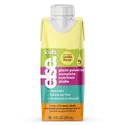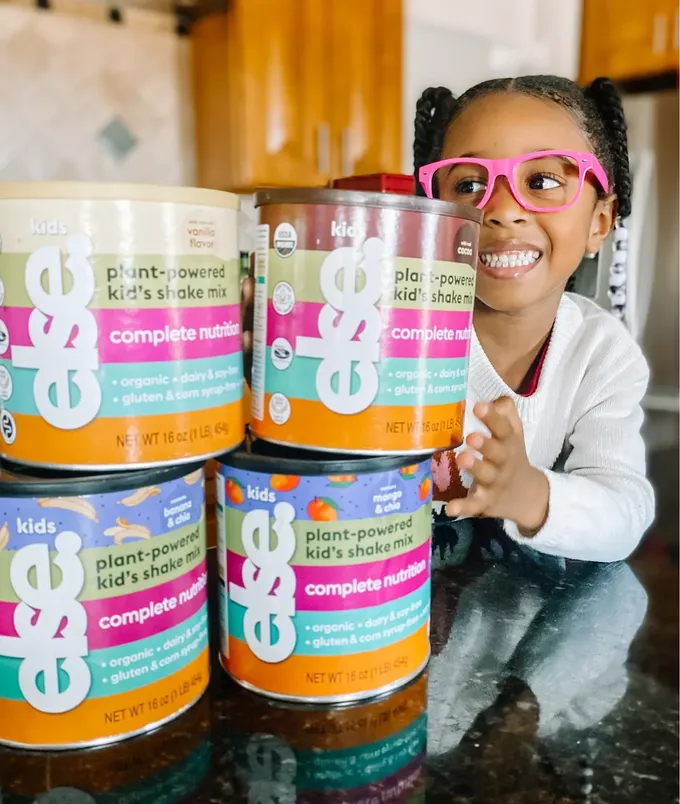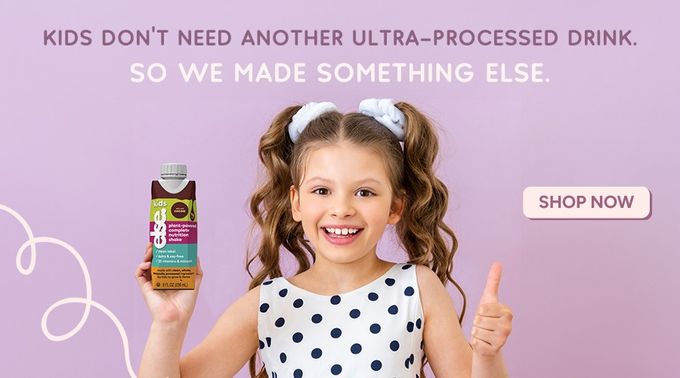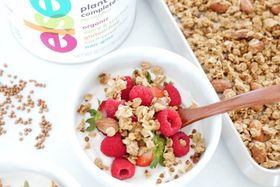A Pediatrician's Review: The Healthy Diet Eating Struggle Is Real
Explore the nutritional challenges parents face when trying to ensure their kids eat a balanced, healthy diet. Learn about the pitfalls of supplemental beverages and vitamins, and discover a healthier alternative with Else Nutrition's minimally processed shake for children.
Updated October 1, 2024
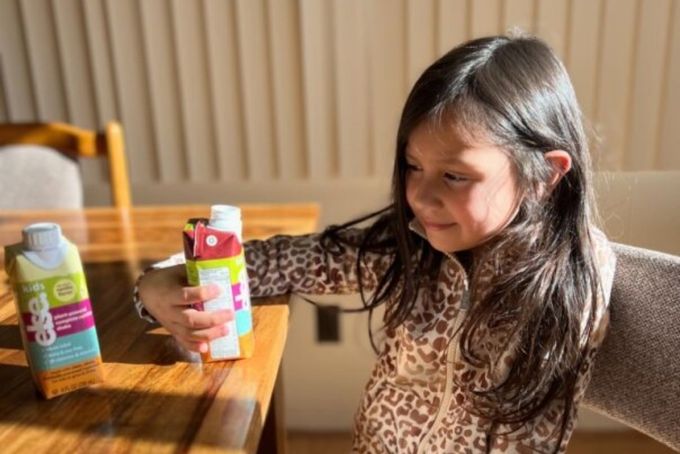
Do you ever wonder if your child consumes enough nutrients or calories to support overall health? Is it a struggle to convince him or her to eat healthy foods?
As a Pediatrician, I frequently hear such concerns from parents and caregivers. A child’s food preferences are shaped by parent and peer eating habits as well as exposure to convenience, snacks, and fast foods. As a result, parents sometimes feel as if they are fighting a losing battle.
» Solve picky eating with delicious, nutritious plant-based shakes for kids
Nutritional Challenges of Kids
Part of my job as a Pediatrician is to educate parents and patients about good nutrition. According to the American Academy of Pediatrics, a child’s daily meals should consist of fruits, vegetables, grains, proteins, and dairy products. Of course, there are alternative recommendations for those with food allergies or who follow a plant-based diet.
» Give your kid a nutritional boost by Including healthy fats in their diet
Although some kids are doing a great job of eating enough nutrients, others fall short. “Picky eating” behaviors typically begin during the toddler years and can sometimes persist through adolescence. 40 percent of kids who are “picky eaters” at age five continue to have a limited healthy diet at age 14. Many of their preferred foods are high in salt, sugar, and saturated fats while low in vitamin A, vitamin C, and iron.
» Explore expert tips on introducing delicious foods to picky eaters
This is a comment I hear expressed even by parents of normal-sized children. They are concerned that their child is underweight or not growing well. A routine part of pediatrics is documenting a child’s weight and growth percentiles.
» Discover if your kid needs a weight-gaining shake
Unfortunately, an increasing number of children are overweight. There are also quite a few kids whose weight and height are proportional but who eat a very limited number of foods. And then, there are a few patients who need extra attention to make sure they are eating enough total calories.
» Read more about the caloric needs of toddlers
Due to worry about their child not eating enough or choosing too many unhealthy foods, some parents offer vitamins or supplemental beverages. Unfortunately, many of these products are not as healthy as they appear. Children’s vitamins are often high-sugar, “gummy” versions that can increase the risk of dental cavities.
» Explore a healthier alternative that provides complete nutrition for kids
Most kids’ supplemental beverages are high in sugar, sodium, and other questionable ingredients. Cleverly worded ads can make these products seem like the ideal solution for frustrated parents. However, the ads are deceiving.
Only 25g of sugar per day is recommended for children ages two and up. Some supplemental drinks contain half this amount of sugar in just one serving! Recently, the FDA has decreased its daily salt intake recommendations because of increasing rates of high blood pressure in children. Despite this, some supplemental beverages have up to 15 percent salt in one serving. This is worrisome because of the potential long-term effects on cardiovascular and kidney health.
» Don't fall for misleading claims: learn how to identify truly nutritious formula ingredients
What ELSE Can a Parent Do?
Despite these challenges, I am committed to teaching families about healthy foods, and I hope to inspire at least small changes in the eating habits of my patients. However, I realize that life gets busy, and other tasks often take priority.
For parents who prefer the convenience of a supplement that provides a complete source of vitamins plus additional calories, there is a healthier alternative. Else Nutrition has developed a shake for children ages two to 13. My favorite aspect of this product is that every ingredient on its label is recognizable and easy to understand.
» Discover a yummy, healthy nutrition that makes it easy to give your kids all essential nutrients
As someone who encourages less sugar and salt, I am pleased that Else Kids only has only 5g of sugar and 80g of sodium. This does not mean that taste was compromised; it is available in chocolate and vanilla flavors. If chilled for an hour, this shake could replace a traditional dessert milkshake.
Else Nutrition Kids does contain almonds, so it is not appropriate for children with tree nut allergies. Although I do not regularly recommend nutritional supplements, this is one product that I feel comfortable discussing with parents when appropriate.
» Choose nutrition for kids that keeps sugar and sodium levels in check
More about the author
Dr. Leah Alexander, M.D., F.A.A.P., began practicing pediatrics at Elizabeth Pediatric Group of New Jersey in 2000. She has been an independently contracted pediatrician with Medical Doctors Associates at Pediatric Associates of New Jersey since 2005. After graduating from Kalamazoo College and Michigan State University College of Human Medicine, she completed her pediatric residency at Overlook and Morristown Memorial Hospitals. She is board-certified in General Pediatrics. Outside of the field of medicine, she has an interest in culinary arts.





